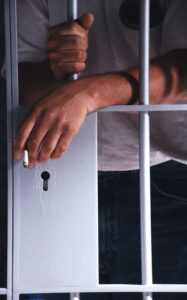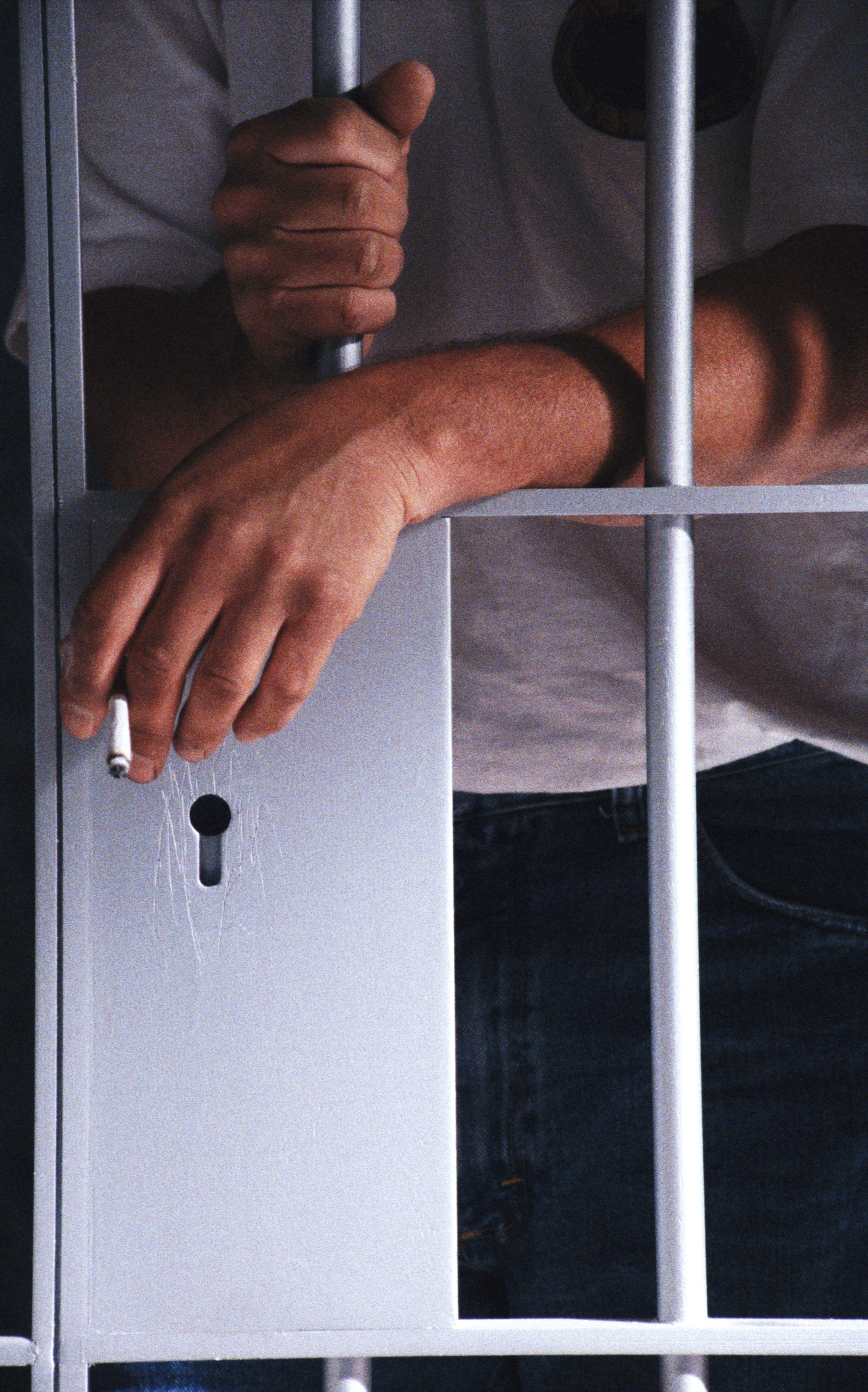
The Arrest Pursuant to an Arrest Warrant
The first step in a potential prosecution is the arrest of the defendant. An arrest can occur in one of two ways. The first is after a lengthy investigation by law enforcement. That usually means that the criminal offense(s) involved is more serious in nature, such as burglary, homicide, or distribution of a controlled substance. When an arrest follows an investigation, it often means that the detective has at least consulted with the prosecuting attorney’s office along the way. Once the police believe they have acquired sufficient evidence to amount to the probable cause needed for an arrest warrant, one will be requested from a judge. If the judge feels that probable cause does exist, an arrest warrant will be issued. At this point, the prosecuting attorney’s office may have already reviewed that evidence as well and made the decision to file charges – or they may wait until the suspect is arrested to decide what charges, if any, to file against him or her.
The Warrantless Arrest
The other manner in which an arrest may come about is considered a “warrantless” arrest because the arresting officer does not have time to wait for a warrant. This usually occurs when the officer has personally witnessed a crime occurring (such as observing a driver who is driving under the influence) or when the officer arrives shortly after a crime has occurred and the suspect is still there (such as a domestic violence call). When an arrest is made in this manner, the suspect is taken into custody and transported to the jail. The arresting officer then writes up a probable cause affidavit that sets forth the evidence acquired to date and the reason why the arrest was made. That affidavit is submitted to the prosecuting attorney’s office for review. The prosecuting attorney will ultimately decide what charges, if any, to file against the defendant. It is important to note that in this scenario, contrary to what the arresting officer may say, official charges have not been filed yet at the time of the arrest. Furthermore, the arresting officer is not who decides what charges will be filed, if any.
The Prosecutor’s Role
Regardless of the path taken before or after an arrest, it is always the prosecuting attorney’s office that decides to prosecute or to forego prosecution. A police officer may tell you that you are “being arrested for driving under the influence,” but that officer doesn’t have the legal authority to make that decision. One way or another, it will be the prosecutor’s office that makes the charging decision.
Why Might Charges Not Be Filed Following an Arrest?
Sometimes, a police officer makes an arrest, the suspect spends a few hours or a night in jail, and then is released the next day without any charges being filed, leaving him/her to wonder what just happened. While there is no way to know in each case specifically why charges were not filed, the general reason is usually that the prosecutor’s office did not believe there was sufficient evidence of a crime to justify filing those charges. A law enforcement officer may have “jumped the gun” when making the arrest, evidence may have been destroyed or contaminated after being collected, or a victim may recant or become uncooperative. The end result is that the prosecutor’s office declined to prosecute. One important thing to remember, however, is that the prosecutor’s office could decide to prosecute down the road if circumstances change and the statute of limitations has not run out.
Contact a Tennessee Criminal Defense Lawyer
If you have been arrested in the State of Tennessee, it is in your best interest to consult with an experienced Tennessee criminal defense lawyer as soon as possible. Contact the team at Bennett, Michael & Hornsby today by calling 615-898-1560 to schedule your appointment.
- How to Navigate a DUI Stop in Tennessee - April 26, 2024
- Understanding the Role and Responsibilities of a Trustee - April 23, 2024
- When Are Miranda Warnings Required? - April 16, 2024







